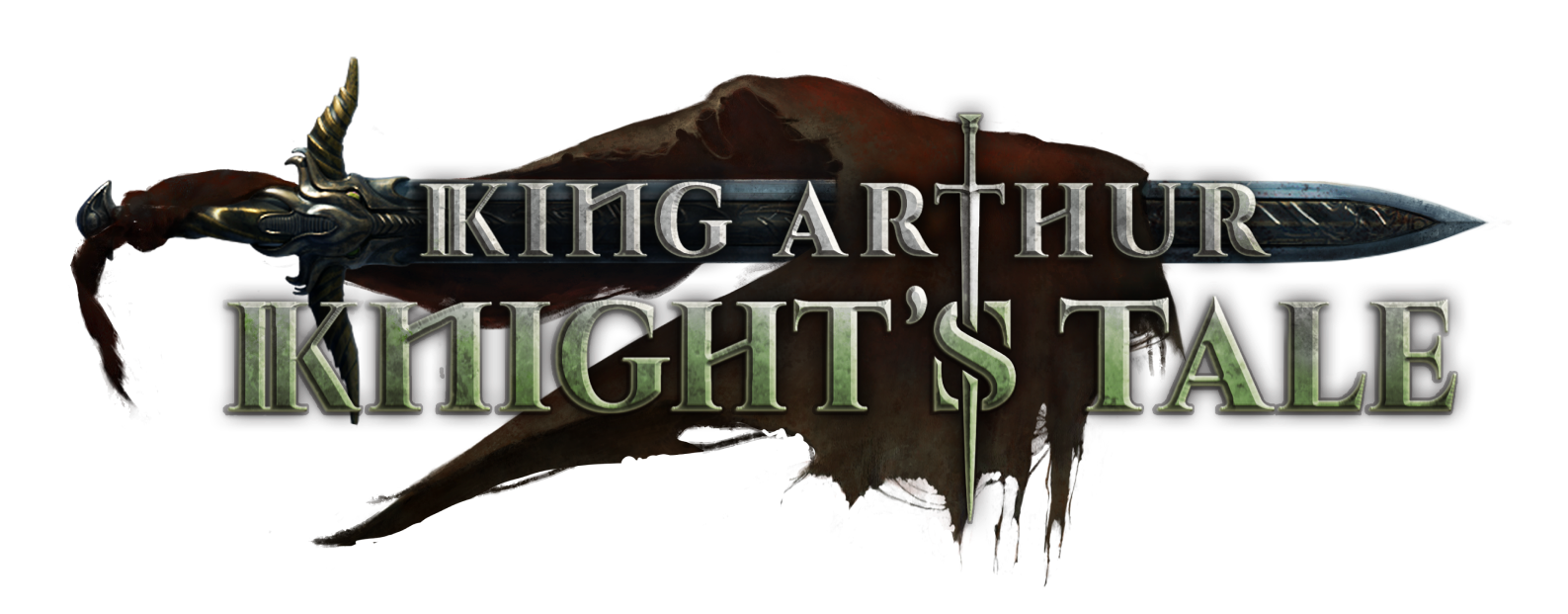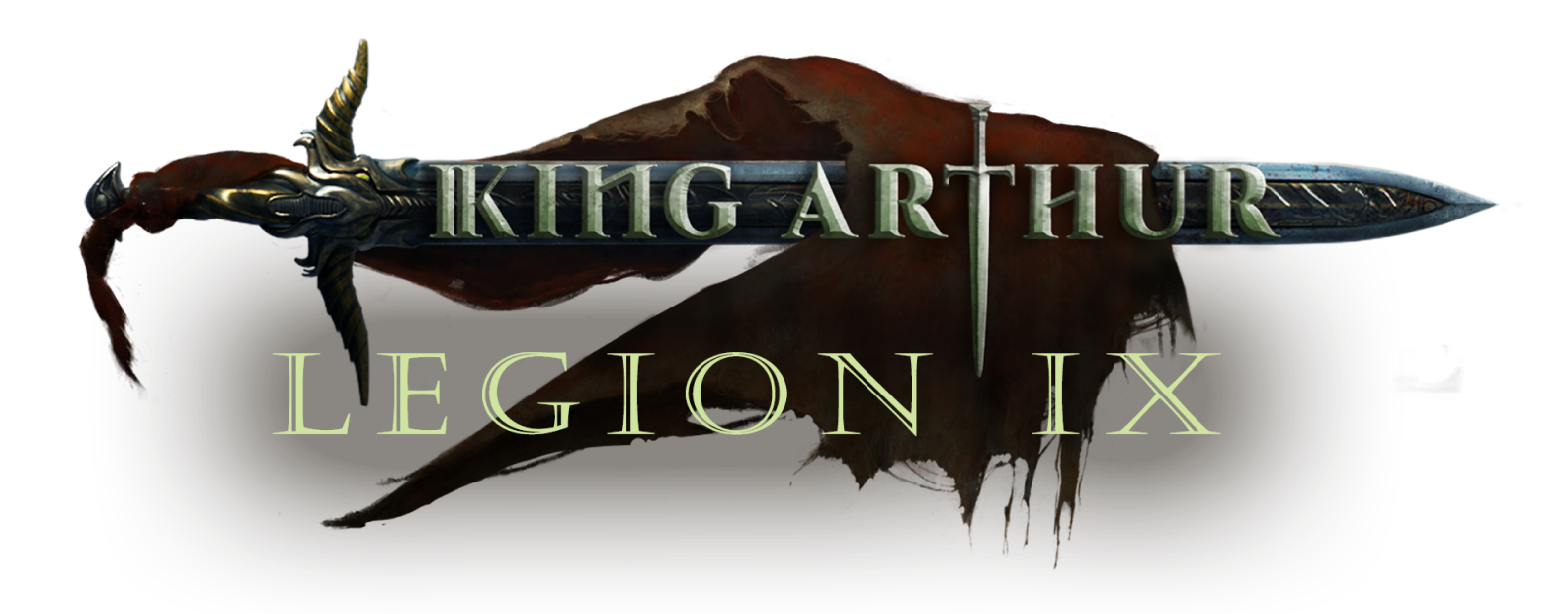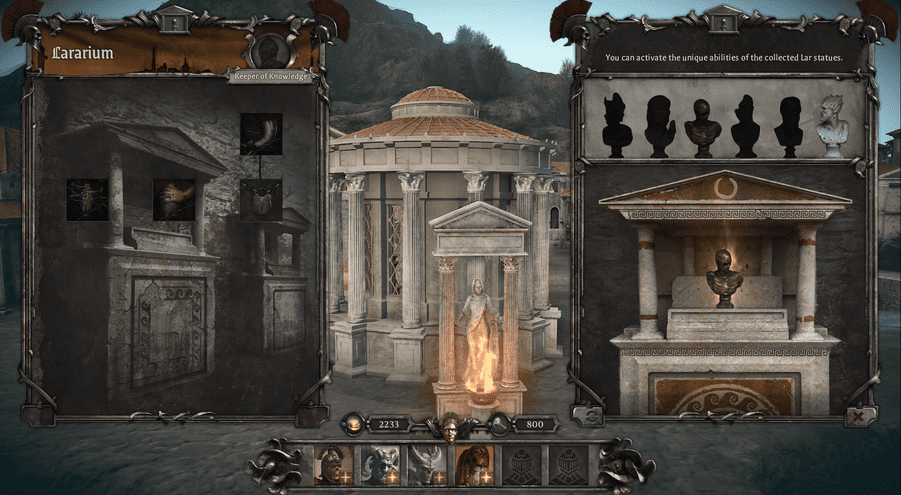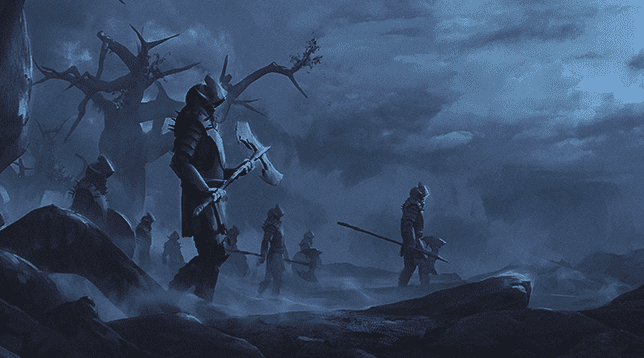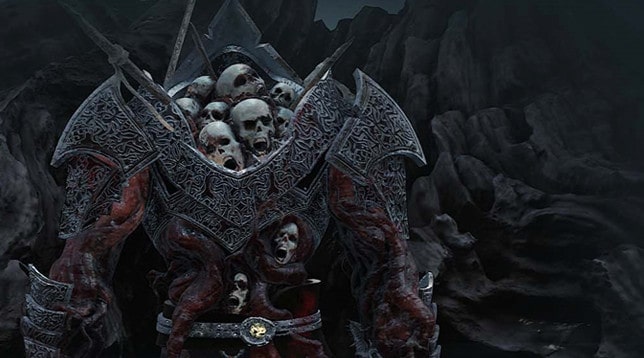

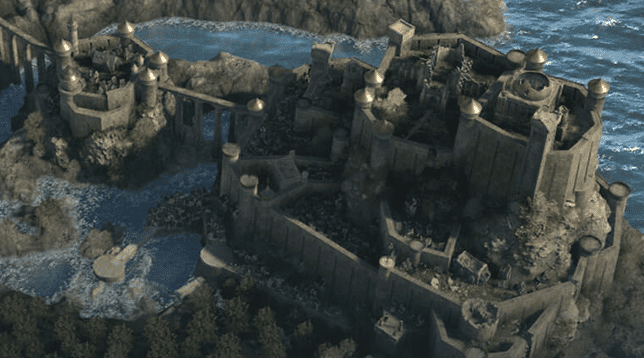
It's not a model - Rebuilding Camelot
King Arthur: Knight's Tale is unique in the turn-based tactical genre in a way that it mixes RPG, roguelite, and also base management elements with the turn-based tactical gameplay, and creates a unique experience. We've talked about the RPG part before, it's time to put our focus on Camelot and hub management in this post.
Camelot, the well known, mythical castle from the Arthurian legend, is our main base of operations, our main hub, and its main goal in the game is to provide an extra layer of gameplay in-between adventuring. It's the place where we first and foremost have to manage not just our heroes and our economy, by ordering decrees, making laws and so on. Although we wake up in Camelot with Mordred, the castle only unlocks right after the second story mission - so pretty early in the game, after we cleared the neighboring areas - but it's abandoned and in ruins, we have to reconstruct its main buildings, upgrade them, and fill every corner and hallway with heroes, knights - hopefully all of them still having all their limbs intact.

We have to collect gold and building resources to manage things in Camelot - nothing is for free, even in Avalon - and be very careful how we spend them, because oh boy it'll be a costly adventure and resources will be scarce. As said, we'll have to start from scratch and rebuild the whole castle and its main buildings. They all cost gold and resources, not to mention the upgrades, so it should be a slow, thoughtful process, carefully planning out what upgrade follows what.
The Round Table: As its name suggests, this will be our main building, the center of our base of operations with the most important - and most expensive - upgrades. Luckily it is intact, but in return, its upgrades are a bit more pricey. This building also has a bit more to it: you can issue laws and decrees, grant court titles to certain heroes as well as exchange resources - which can come extremely handy in certain situations. The Round Table is also the place where our “Aspirant Heroes” await their time to shine, the ones who couldn't make the 6, 8, 10 or 12 (depending on the upgrade) hero list.

Hospice: This is the very first building we need to rebuild - for a simple reason. We can heal our heroes' Vitality losses here, and if it is your first playthrough on a tougher difficulty, expect the Hospice to be pretty busy all the time. Upgrades can reduce the number of turns it takes to heal a hero or add various Vitality-related permanent bonuses.
Merchant: It wouldn't be a proper hub without a place where we can purchase gear and sell our obsolete items. It is also a crucial building, business must be re-established and repaired pretty early on. Once completed, our heroes can find all kinds of gear here: weapons, armour, even relics - the latter, as well as their cost depend on upgrades though. The merchandise is replaced by new items every few turns, which can be sped up through upgrades.

Training Ground: You can bring four heroes to a mission, which could lead to the formation of a main party, outleveling everyone else. That means the rest of your allies need to catch up at one point, right? That's what the Training Ground is for: level up your heroes, while the main group is busy with quests so they won't be left behind. The only limitation is that the trainee has to be at least two levels lower than your character with the highest level. Initially you can train one hero at a time, but you can add more slots with upgrades. There’s also possibility to train heroes for free, but in this case it’d take a few more turns.
Cathedral: The time will come, during your adventures in Avalon, when the Hospice and its Vitality-curing services won't be enough. When your heroes break a few bones or suffer from internal bleeding, you'll need something more effective. The Cathedral is the place - again, once reconstructed - where all the really serious injuries can be cured, taking up a few turns, all depending on your upgrades.
Enchanted Tower: Without doubt one of the most exciting buildings in Camelot. The Enchanted Tower lets you turn relics into dust and use that dust to purchase new ones that are more fitting to your heroes' build. Upgrades boost the cost and the selection, making this a crazy powerful late-game building. These are the most powerful item types, so be very careful about turning them into dust.

Crypt: Besides the Round Table, the Crypt is the only building that needs no repairs, but in return it has a very simple, single function: it is the resting place of our dead heroes. Hopefully you'll be able to keep it empty.
All the buildings except the Crypt can have protectors - surprise, it's one of your heroes - granting various bonuses, so be sure to appoint one to each building. It's also worth noting that certain building upgrades grant extra skill points to certain classes, so plan ahead with those, sometimes even one extra skill upgrade can turn the tide of the battle. Last but not least, a bunch of really powerful upgrades can only be unlocked on the Morality Chart. Obviously the more points you have in a certain Morality, the more robust the upgrade is.
We could go on forever, but that's more than enough for now for this brief guide. There's no perfect strategy here, as you can see, at the end it all comes down to your choices and decisions. Avalon awaits!

The full version of King Arthur: Knight's Tale will be released on March 29, 2022. An Early Access version featuring the first act is available now on Steam!

